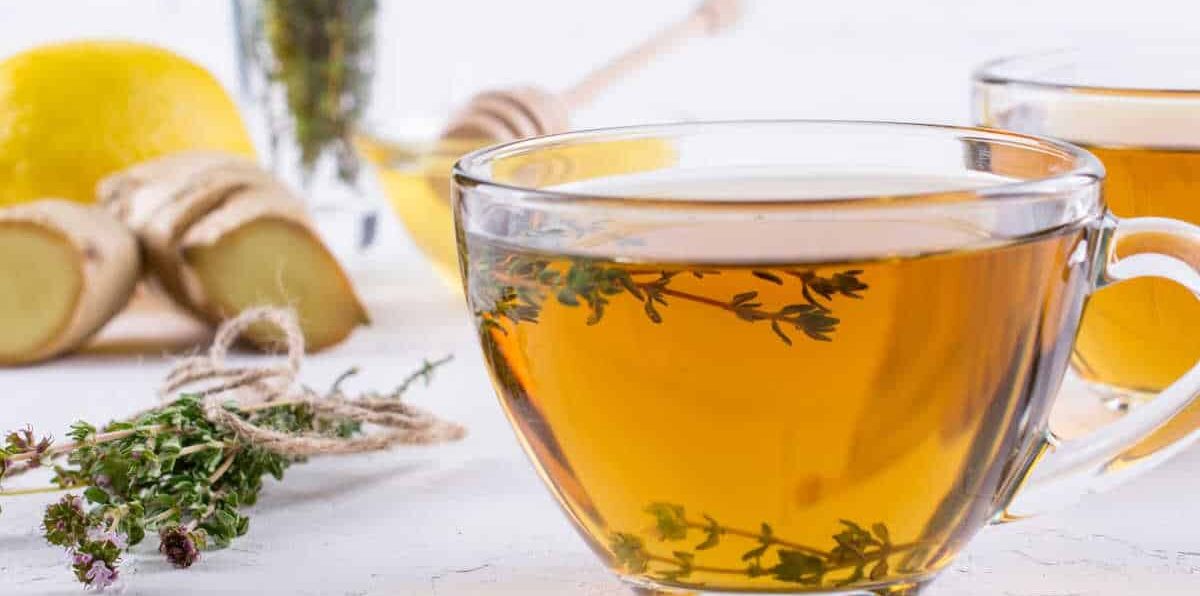In a world filled with hustle and bustle, there’s something deeply comforting about a steaming cup of herbal infusion. Unlike true teas, which are derived from the leaves of the Camellia sinensis plant, herbal infusions—often referred to simply as herbal teas—are crafted from a diverse array of botanicals, each offering its own unique flavor and potential health benefits.
The tradition of herbal infusions dates back thousands of years, with cultures around the world harnessing the power of plants to create healing brews for body and soul. From soothing chamomile to invigorating peppermint, the world of herbal infusions is as vast and varied as the plant kingdom itself.
At the heart of herbal infusions are the botanical ingredients, carefully selected for their flavor, aroma, and potential health-promoting properties. While the term “herbal tea” is commonly used, it’s important to note that these brews do not contain any actual tea leaves and therefore do not contain caffeine.
Chamomile, known for its calming properties, is one of the most beloved herbal infusions, cherished for its delicate floral flavor and ability to promote relaxation and restful sleep. A cup of chamomile tea before bedtime can help soothe frazzled nerves and lull the mind into a state of tranquility.
Peppermint, with its refreshing taste and invigorating aroma, is another popular choice for herbal infusions. Packed with menthol, peppermint tea offers a cooling sensation that can help alleviate digestive discomfort, soothe headaches, and clear congestion. A cup of peppermint tea is like a breath of fresh air, awakening the senses and revitalizing the spirit.
Ginger, revered for its warming and digestive properties, is often used in herbal infusions to add depth and spice. Whether enjoyed on its own or blended with other botanicals, ginger tea can help ease nausea, soothe an upset stomach, and promote healthy digestion. Sip on a cup of ginger tea after a meal to aid in digestion and leave you feeling satisfied and refreshed.
Echinacea, a flowering plant native to North America, is prized for its immune-boosting properties and is often steeped into herbal infusions during cold and flu season. Rich in antioxidants and antiviral compounds, echinacea tea can help strengthen the body’s natural defenses and reduce the severity and duration of cold symptoms. Incorporate echinacea tea into your wellness routine to support a healthy immune system year-round.
In addition to these well-known herbal infusions, the world of botanical brews is brimming with possibilities. From floral blends to fruity concoctions, the options are endless when it comes to crafting your perfect cup of herbal infusion.
To brew the perfect cup of herbal infusion, simply steep your chosen botanicals in hot water for 5 to 10 minutes, depending on your desired strength. For optimal flavor and health benefits, use filtered water heated to the appropriate temperature for the specific herbs you’re using.
Whether you’re seeking solace in a cup of chamomile or invigoration in a mug of peppermint, herbal infusions offer a delightful and nourishing escape from the chaos of everyday life. So why not embrace the art of herbal brewing and embark on a journey of discovery through the enchanting world of botanical teas?

